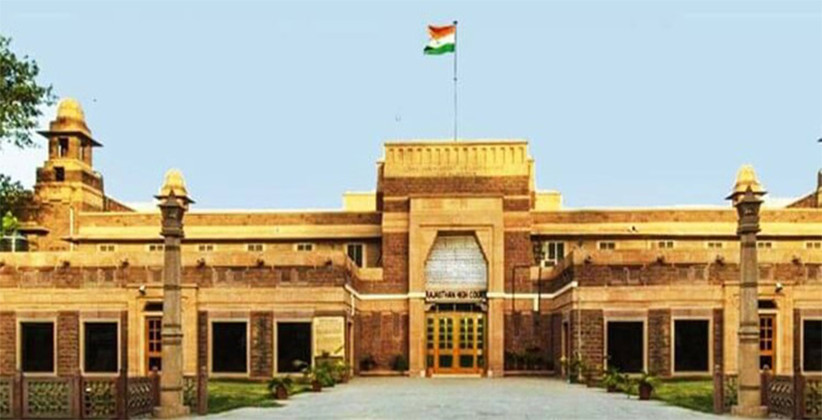Rajasthan High Court on Monday, 27th April 2020, in a ruling stated that the caste of a person should not be mentioned in matters pertaining to judicial or administrative issues. The order clarified that the caste of a person is not relevant in bail bonds or in arrest memos, observing that the identity of a person is and should be known by parentage and not by caste. A single bench consisting of Justice Sanjeev Prakash Sharma pronounced the said order in line with the Constitutional provisions in India.
The ruling came after a petition was filed at the Jaipur bench of the High Court by Bishan Singh, who was ordered to be released on bail in another case. The petitioners caste was however misspelled as Mev instead of Jatav on the bond which led to refusal of his bail by the Jail Authorities. Aggravated, he approached the High Court stating that he had been illegally detained for 5 days despite the order from High Court granting him release, merely because of typographical errors on the bail bond and the release memo. On hearing matter, the bench directed that caste of a person should not be written with the exception for those belonging to SC/ST.
Article 15 of the Constitution of India, 1949 states that no person should be discriminated on the basis of is caste, race, religion, sex, or place of birth. Hence, a special mention of caste might serve as a ground for discrimination. The provisions of the Scheduled Castes and the Scheduled Tribes (Prevention of Atrocities) Act, 1989 separately provide for the prevention of offenses of atrocities against the members of the Scheduled Castes and the Scheduled Tribes. In addition to this, Article 15 clause 3 of the constitution states that nothing in Article 15 shall prevent the State from making any special provisions for the advancement of any socially and educationally backward classes of citizens or for the Scheduled Castes and the Scheduled Tribes.
Additionally, Article 32 and Article 226 of the Constitution of India, provide for the writ jurisdiction of High Courts and the Supreme Court. Under these provisions, five writs are provided namely - Habeas Corpus, Mandamus, Prohibition, Certiorari, and Quo Warranto. Habeas Corpus is known as the great and efficacious writ in all manners of legal confinement. Through this writ, a person can report an unlawful detention or imprisonment to a Court to determine whether the detention is lawful.
In the aforementioned matter, the standing order issued by the Registrar General of the Court Nirmal Singh Meratwal was in consonance with the provisions of the Constitution of India. Justice Sharma also directed the Police to not to mention the caste of an individual as identifying a person by caste is neither provided under the Code of Criminal Procedure Act, 1973 nor is it provided for under the laws of the Constitution.






